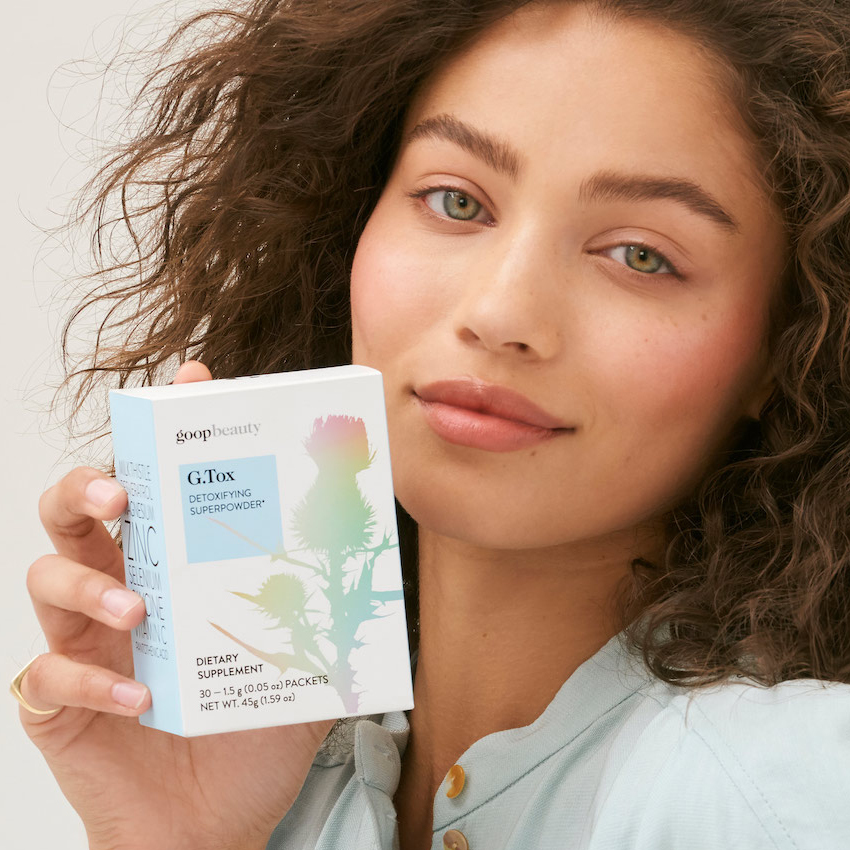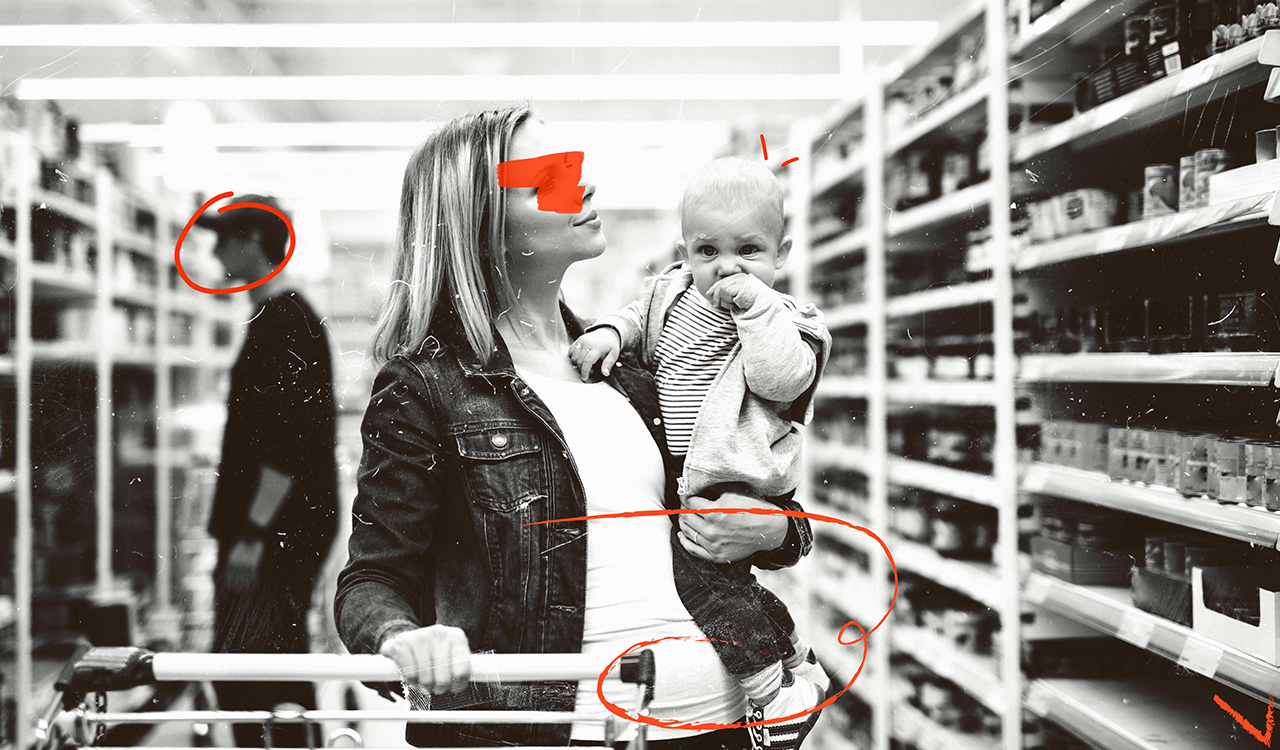The term “self-love” has been applied to everything from showing more skin to using a meal planning journal. But marketing is no longer centered around making consumers feel bad about themselves, and I think we can all agree that is a beautiful thing. “Self-love” and “self-care” have joined spiritually themed merchandise as the newest marketing musts. The growth of these categories was accelerated by the Covid-19 pandemic, during which over 1/3 of consumers increased their self-care. To date, a whopping 9 in 10 Americans practice some form of self-care.
[callout]The pandemic brought the next-gen mental health crisis into stark relief. Mental wellness was a $121 billion global market before the pandemic in 2019. But, as awareness grows, so does funding. Businesses in the digital behavioral health space raised $1.8 billion in funding last year, compared to $609 million in 2019. [/callout]
But it’s not all about bubble baths and face masks. At the tail end of the pandemic, customers are taking actionable steps towards healing their emotional and mental states through mental healthcare. There has also been a huge surge in alternative therapies of the wacky kind, with healing modalities like cryotherapy taking center stage. Companies like Gwyneth Paltrow’s Goop have also seen insane growth throughout the pandemic. In fact, Paltrow used her own battle with Covid-19 to sell a GOOP detox powder.
The mental health and self-care industries have experienced +40 percent growth YoY. Let’s take a look at the specific ways the “self-love” craze is manifesting in retail.
Radical Self-Acceptance
Dove, the soap and skincare company owned by Unilever, was one of the first brands to launch a major ad campaign that focused on “real” women in 2004. The Dove’s Real Women campaign arguably paved the path for the relatable imagery and ad campaigns we see today. At its inception, the “real beauty” campaign focused on showcasing women who were different sizes and skintones. But like any revolution worth its salt, real beauty has grown to include people of different ages, abilities, orientations and gender identities.
The focus is less on fitting a rigid model of attractiveness, and more on expressing and nurturing oneself through the use of particular products –– whether it be apparel, color cosmetics, skincare, or anything else. We’ve talked about the fact that Gen Z gravitates toward natural, non-airbrushed looking models. This is in sharp contrast to their millennial counterparts, who historically prefer a more curated image. However, this is beginning to change as brands and retailers showcase a diverse array of brand representatives.
It’s ironic that in the era of airbrush filters and Instagram, next-gens are calling for more diverse, authentic imagery from brands. Skincare and cosmetics brands like The Body Shop have entire pages of their website devoted to #selflove in all of its manifestations. For the first time ever, the cosmetics industry is focused on self-expression and celebration, rather than correcting “flaws.” To see how this concept is executed at scale, check out MAC’s viral “Love Me” campaign in partnership with TikTok and Spotify.
Things Are Getting Weird Out Here
Customers are planning to buy more health and wellness related beauty products as a permanent shift in their purchasing behavior post-pandemic. But a lot of this revenue won’t be funneled into these channels via conventional medicine. There’s a huge market for alternative healing modalities as a form of #selfcare, and some are far more alternative than others.
From Float spas to hyperbaric oxygen therapy, consumers are looking for the unexpected when it comes to practicing #selflove through healthcare. Restore Hyper Wellness is an alternative wellness franchise that specializes in treatments such as IV-drip therapy and cryotherapy. Restore was able to increase revenue by 141 percent YoY in 2020, despite the outbreak of Covid-19.
You can’t talk about eccentric wellness products without talking about Goop, Gwyneth Paltrow’s $250 million alternative wellness brand. With products like a B vitamin cocktail that makes those that take it reek as it enters the bloodstream and Goop X Heretic’s “This Smells Like My Vagina” candle/perfume roll-on, the company is no stranger to controversy. In fact, Goop doesn’t even let customers review their purchases on its website. Yet inexplicably, even rebelliously, the brand’s following continues to grow.
A Focus on Mental Health
The pandemic brought the next-gen mental health crisis into stark relief. The issue became so mainstream that even Forbes came out with an article detailing ways brands could address the mental health of their customers. Mental wellness was a $121 billion global market before the pandemic in 2019. But, as awareness grows, so does funding. Businesses in the digital behavioral health space raised $1.8 billion in funding last year, compared to $609 million in 2019.
Around a third of all next-gen respondents to a 2021 Kantar study (millennials 31 percent, Gen Zs 35 percent) said they took time off work due to stress and anxiety since the beginning of the pandemic. Since healthcare and disease prevention are millennials’ #1 personal concern, it only makes sense that retailers are providing resources to help address the burgeoning crisis. But retailers’ willingness to speak out about mental health goes far beyond altruism.
Google searches for self-care reached a new high during the pandemic, with topics such as “meditation,” “relaxation,” and “how to calm down” also reaching new heights. Brands that address these topics in fun and creative ways cultivate a new channel to be discovered by consumers, 30 percent of which now have an emotional health and wellness practice. Online and text therapy is taking off, as well. And platforms advocating rest as a form of resistance, such as The Nap Ministry, have amassed massive followings.
The Future of Self-Love
Now that the Self-Love Movement has taken root, consumers are realizing that it pertains to much more than face masks and chocolate bars. Discussions surrounding financial planning as a form of self-care are beginning to shift the current paradigm. As the movement grows, more customers will buy into the idea of identifying themselves within a new, more flexible beauty ideal, not just a “before” picture. And brands will need to continue to provide pertinent resources, affirmation, and creative solutions to help consumers put their self-love into practice.




